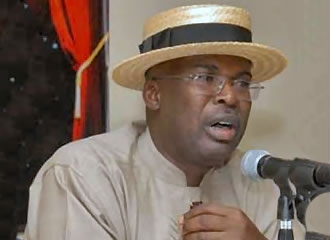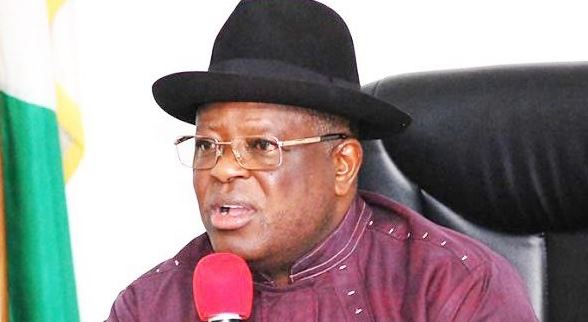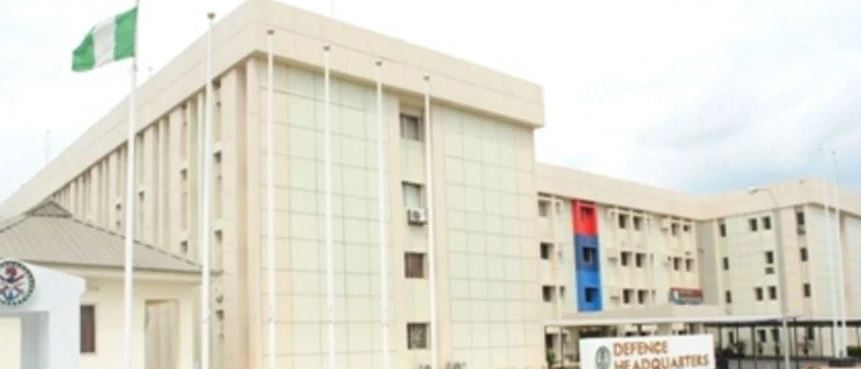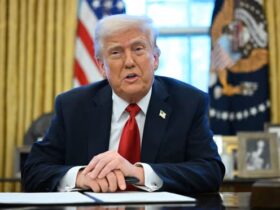The United Nations Global Compact Network Nigeria has officially inaugurated its two-year UN-Global Compact’s Africa Strategy and African Regional Hub to mobilise business for impact across the continent.
The UN-Global Compact is a UN programme, designed to support companies in post-COVID-19 era, to align their operations for a sustainable and inclusive future through a two-year strategic plan from 2021 to 2023.
Mr Matthias Schmale, UN Resident Coordinator for Nigeria, during the inauguration in Abuja, urged the Federal Government to do more, to sustain Nigeria’s leading position in Africa’s continental trade.
According to him, Nigeria can sustain its lead in mobilising businesses for impact. Although many Nigerians show examples on cross-border trade, the challenge remained barriers of trade.
“First, are there enough legal frameworks, are they adhered to and what sanctions exist? The second big part Nigeria controls is domestic resource mobilisation and finding local solutions to problems.
“The focus cannot just be on what can Nigeria teach others. If it does not practise it itself, there is really much to be done around domestic resource mobilisation.
“An aspect of that is tax regimes, there is the need to have honest conversations about who pays taxes; Are people in business fulfilling their tax obligations?
“What is the expenditure that brings in government; is the revenue generated also from the economy for public service invested into the resources? Examples are education and health.
“If you want to have a thriving economy, you need to invest in the educational system and into health: you cannot generate profit if you do not have a healthy and educated workforce.”
He further advised that Nigeria should push for greater hope of an African trade zone, adding that such formed part of the agenda around the continent, where Nigeria could play a big part.
Princess Adejoke Orelope-Adefulire, Senior Special Assistant to the President on Sustainable Development Goals (SDGs), reiterated the government’s commitment towards encouraging businesses to thrive in Nigeria and Africa at large.
According to her, the ten principles of the UN-Global Compact are critical and have some relationship with the SDGs directly, indirectly through key performance indicators.
“It is apt to strengthen our collaboration and national development, both in Nigeria, Africa and the world at large.
“We have also recognised the importance of partnership in all of these and the role that each stakeholder must play, to effectively deliver on the UN Global Compact Strategy for Africa.
“As government, we must create a conducive environment and establish the necessary regional framework structure for partnership that will help us deliver on the SDGs,” Orelope-Adefulire said.
The UN Global Compact principles are centered on human rights, labour, environment and anti-corruption.
In his remark, Mr Cui Jianchun, Ambassador of China to Nigeria, canvassed support from the UN in the bid for Nigeria to achieve the set goals.
He said that Nigeria needed UN’s help and leadership, adding that the event had become important because it was UN’s strategy towards full realisation of SDGs by 2030.
“This goal is about the political sector, most importantly it is about the business sector without which Nigeria cannot achieve this goal.
“Companies are not only groups of people, not only providers of food, clothes and daily needs of the people or services, the most important is to create the way of life for the people.
“I think that working closely with private sector companies is really very important; Nigeria has a lot of contact with Chinese people and our country has selected Nigeria as a regional hub.
“I do believe that Nigeria could generate and produce good business practice, not only for Nigerians, also for the whole of the continent.”
The event featured a virtual address by Ms Sanda Ojiambo, Assistant Secretary-General /CEO, UN Global Compact and video presentation of the Board of African Local Networks, reflecting on the Africa strategy.
The event attracted government officials, diplomats, captains of industry and stakeholders of the UN Global Compact Network.
High point of the event was panel discussion on role of partnerships in Africa for successful realisation of the UN Global Compact Africa strategy and the Africa Regional Hub mandate.















